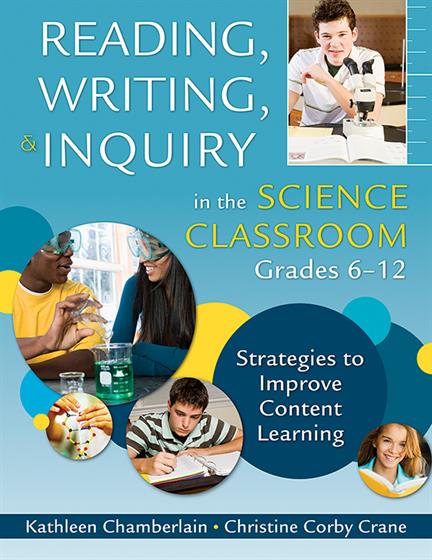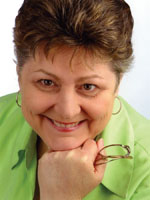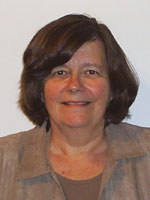Hands-on, Practical Guidance for Educators
From math,
literacy, science, equity, multilingual learners, and SEL, to assessment, school counseling,
and education leadership, our books are research-based and authored by experts
on topics most relevant to what educators are facing today.

Reading, Writing, and Inquiry in the Science Classroom, Grades 6-12
Combine literacy and inquiry-based instruction to advance student achievement in science!
This timely resource demonstrates how nurturing communication skills in the science classroom can impact student performance and provides research-based strategies for integrating literacy with science instruction. Packed with information about reading and writing pedagogy, adolescent literature, and lesson design, this resource:
- Explores the relationship between reading and science education
- Provides strategies for teaching writing in the science classroom
- Highlights the role of technology in enhancing science knowledge
- Includes lesson plans, graphic organizers, and templates, with modifications for students with special needs
- Grade Level: 6-12
- ISBN: 9781412960717
- Published By: Corwin
- Year: 2008
- Page Count: 136
- Publication date: September 26, 2008
Review Copies
Review copies may be requested by individuals planning to purchase 10 or more copies for a team or considering a book for adoption in a higher ed course. Request review copy


